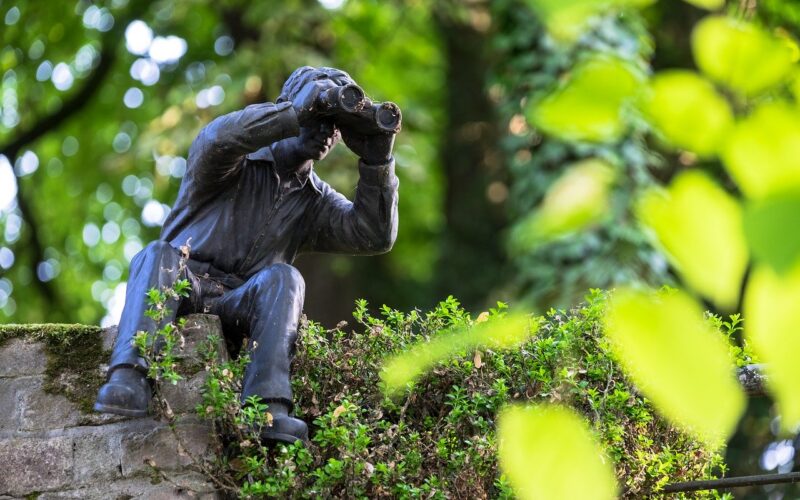Thin Line Between Infatuation And Stalking
Infatuation can be exhilarating, but it can also become dangerous when it spirals out of control into stalking. Stalking is an obsessive behaviour where an individual persistently follows or harasses another person, causing them fear or distress.
Understanding the thin line between infatuation and stalking
Infatuation is often characterised by intense but short-lived passion or admiration for someone. It is a common experience that usually fades over time as one gets to know the person better. However, when this intense attraction doesn’t subside and instead turns into an overwhelming obsession, it can cross the line into stalking.
Stalkers may justify their actions as expressions of love, but their behaviour is far from romantic. Repeatedly sending unwanted messages, showing up uninvited at the person's home or workplace, and monitoring their activities are common stalking behaviours. Unlike genuine affection, stalking disregards the boundaries and well-being of the other person.
The psychological impact on victims
The psychological toll of stalking on victims can be severe. Constantly being watched or followed can lead to chronic stress and anxiety. Victims often feel a pervasive sense of fear and helplessness, knowing that they are being monitored. This constant state of alertness can interfere with daily activities and impact mental health.
In extreme cases, victims may develop post-traumatic stress disorder (PTSD). Symptoms of PTSD can include flashbacks, nightmares, severe anxiety, and uncontrollable thoughts about the stalking incidents. The mental health repercussions can be long-lasting and require professional intervention to overcome.
The social consequences
Stalking also has significant social consequences for victims. To avoid the stalker, they might have to change their routine, relocate, or even quit their job. This disruption can lead to social isolation, as victims may withdraw from friends and family to protect themselves. The fear of encountering the stalker often limits their ability to participate in normal social activities, further exacerbating isolation.
Additionally, the stigma attached to being a stalking victim can make it difficult for individuals to seek help. They may feel ashamed or believe that they are to blame for the stalker’s behaviour, which is never the case. This reluctance to seek support can prolong the suffering and make recovery more challenging.
The impact on physical health
The stress and anxiety caused by stalking can also manifest in physical health problems. Chronic stress can lead to issues such as headaches, gastrointestinal problems, and a weakened immune system. Sleep disturbances are common, with many victims experiencing insomnia or nightmares related to their trauma.
Furthermore, the fear of physical harm is a constant concern. While not all stalkers resort to physical violence, the threat is always present. The uncertainty about the stalker’s next move can cause victims to live in a state of heightened fear, which takes a serious toll on their overall well-being.
Legal and protective measures
Understanding the gravity of stalking is crucial for taking appropriate legal and protective measures. Many countries have specific laws against stalking, providing a legal framework for victims to seek protection. Restraining orders can be an effective tool, legally prohibiting the stalker from contacting or approaching the victim.
It is also important for victims to document all instances of stalking behaviour. Keeping detailed records of messages, encounters, and any other relevant information can be invaluable when seeking legal action. Additionally, support from local organisations and hotlines can provide crucial assistance and guidance in navigating these difficult situations.
Infatuation can easily blur into stalking, causing severe psychological, social, and physical harm to victims. Recognising the signs of stalking and understanding its impacts are essential steps in addressing and mitigating its effects. If you or someone you know is experiencing stalking, it is vital to seek help and take protective measures to ensure safety and well-being. Remember, no one should have to live in fear as a result of another person’s obsession.











